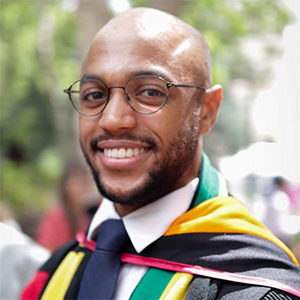The CDC defines the exposome as: “the measure of all exposures of an individual in a lifetime and how those exposures relate to health.” As environmental engineers, we have a strong legacy of study involving contaminants in air and water, to name a few, but contaminants of food tend to be excluded.
In this talk, I will introduce food disinfection processes and their ability to transform the internal makeup of foods representing unregulated exposures to consumers.

We will discuss how food chemists and engineers have looked to water disinfection byproduct (DBP) research to predict and measure contaminants (i.e., trihalomethanes, haloacetic acids and chlorates) formed in food disinfection washwaters as potential chemical exposures to consumers. However, my research demonstrates that this may not be the correct approach since food disinfection and water disinfection have incongruent boundary conditions (i.e., initial dose, contact time, temperature…etc.).
First, I will introduce current food disinfection processing techniques and conditions and compare with water disinfection to encourage a new way to predict initial transformation products formed during food disinfection. Second, I will show the findings of my research on the transformation of proteins (tyrosine residues) and fats (unsaturated fatty acids) in foods and how this relates to contaminant exposure. The goal of this talk is to rethink the importance of food as an exposure route, and the necessity of further research/oversight.
Dr. Adam Simpson is an IDEAL Provostial Fellow for Studies in Race and Ethnicity at Stanford University, in the School of Engineering Civil and Environmental Engineering Department. Come Fall of 2023, he will begin his post as an Assistant Professor at the University of Southern California in the Viterbi School of Engineering, Civil and Environmental Engineering Department. There, the Simpson Lab will focus on investigating chemical exposures to people through food and water and how communities and socioeconomics interplay with these exposures.
Simpson has particular interest in 1) the transformation of food biomolecules and biopolymers by chemical disinfection as potentially toxic contaminants, and 2) the detection of agrochemicals and their transformation products in foods as toxic contaminants. He completed his BS in chemical engineering at Carnegie Mellon University and his MS and Ph.D. in environmental engineering at Stanford University. He was supported by a Stanford Graduate Fellowship, an NSF Graduate Research Fellowship, and a Diversifying Academia, Recruiting Excellence (DARE) Fellowship.
Followed by a reception at 4:30 p.m.